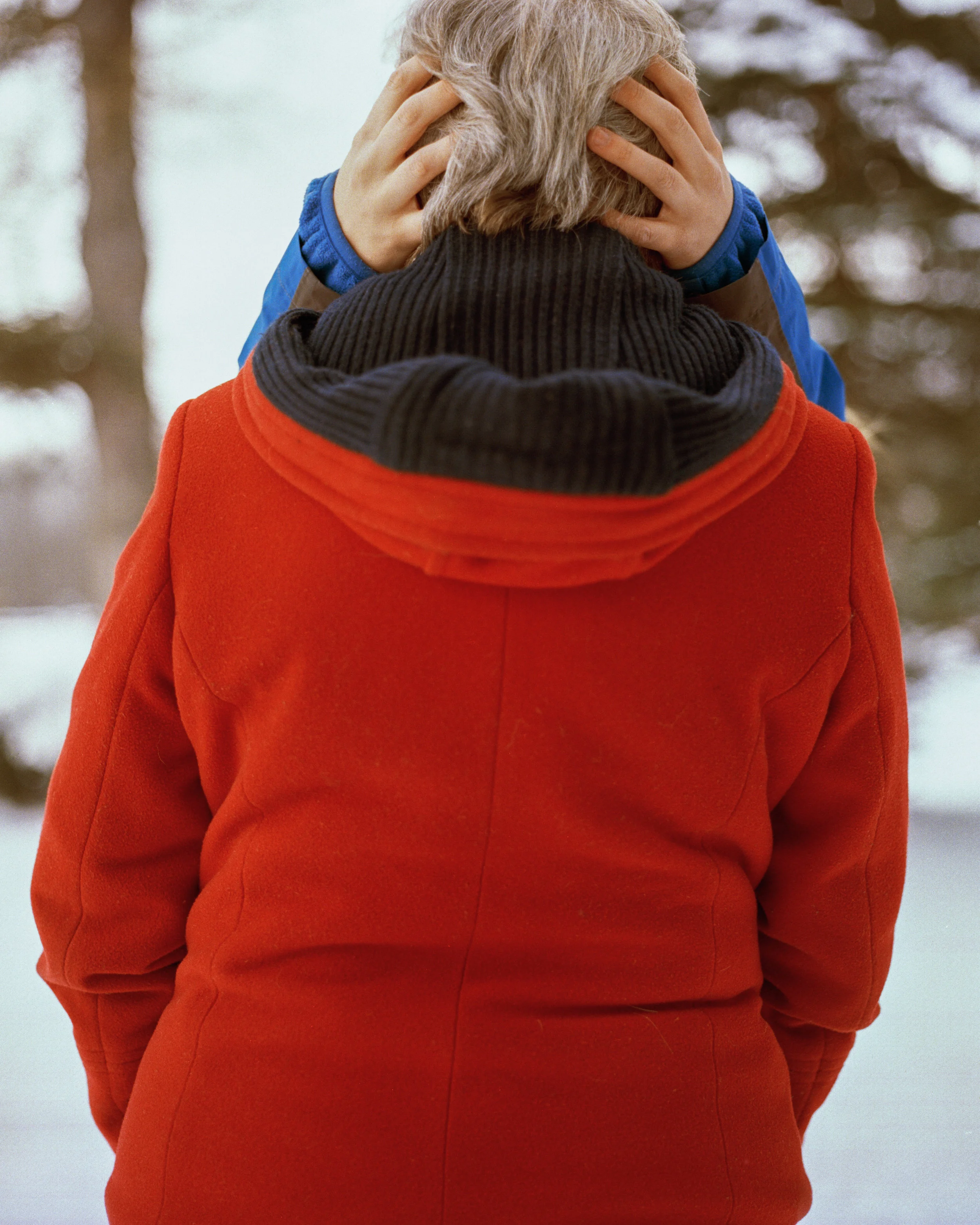Affect(ed)
Ten is the magic number after you’ve had cancer. The medical community says that ten years after you are pronounced cancer free, you are no more likely to get cancer than any other person.
Ten years. Ten years since the doctor revealed the benign tumor was actually cancerous. Ten years cancer free. Ten years of bottled up anxiety and sleepless nights. Ten long years worrying that every change in my body signaled something far more sinister.
A few months into seventh grade, my mother discovered a lump on the side of my neck. She took me to doctor after doctor, each thinking it could be something different. A CT scan and biopsy did not reveal any more information. In August 2008, doctors removed the mass from my neck. I thought that was the end of it. During the post-op, my doctor revealed the tumor was malignant.
I survived with only 28 stitches and the loss of feeling in my right ear. But the physical scars healed much faster than those on the inside. I was sad that my childhood abruptly came to an end, angry that my body had betrayed me, confused about what came next, and always afraid that it might come back one day.
Through interviews with my family, I began to dissect many of these feelings I had long suppressed because I felt I should be over them by now. We discussed my cancer from their point of view, but also great grandmothers and distant cousins who had cancer as well. From the interviews, I began to work with photographs to explore the healing process by directly confronting my biggest anxieties. This is an ongoing process that does not end when this project does. But bit by bit, it begins to hurt a little less and the anxiety slowly subsides to a faint throb.
"Before you go, can I run my fingers through your hair?"
"He excused you and I didn’t think much of it. I thought, you know, we needed to cover something about finances or whatever. And that’s when he said that they had taken the growth and sent it to be biopsied and found out that there were cancer cells in it. Which, you know, of course when you hear that as a parent, it’s a stomach punch."
"Being in the hospital it was like a weird hospital smell and it was kind of dark and it was just a weird vibe. So I mean I understand they were worried about you. But I was too, and I was scared and confused about what was happening. And I just wanted mom or dad to comfort me about it. I just wanted them to be like oh hey are you okay? Like are you okay with this? How are you doing? And I wasn’t getting that."
"I just remember that thing in your neck. And every time I’d walk around the side of the bed, I was like (makes grossed out sound) and just walked around to the other side."
"My brother dying had such an effect on me. And I told grandpa just recently, I still cry when I think about it. And I’ve decided the reason I cry, when he died, we never talked about him afterwards. And so I don’t think I ever had closure. And I’d say I’m better now. And this is just within the past year. I mean it took me this long. But I’ve never talked about it. But we were best friends. We were three years apart but we were best friends. And it you know took its toll on me. What I remember most is when you came and sat on my porch and said that. I said, well it’s behind you. And you said, not necessarily. And that was like stabbing me. It was like oh my god, I can’t do this again. And, until recently, I have gone to church every Thursday for you.
"It has a funny texture when it first comes back. You know I think my hair grows fast but when you don’t have any hair, you know what grows fast now gets out of shape quickly. It took longer than I thought it would to get a full head of hair. And it didn’t all come back. There’s this part right here that didn’t come back. But I just comb it slightly differently. I put the bangs more over the front of my head. And it’s thinner. They tell you it comes back the way it was before. It doesn’t, it’s much thinner."
"And I think, god, there but for the grace of God."
"A person has cancer and then how it affects the people around them. Whether it be a spouse, whether it be a child, whether it be aunt, uncle, grandparent, you name it. Cancer isn’t just the person that has it. It affects everyone around them."
Conversations
8 months
Questions


